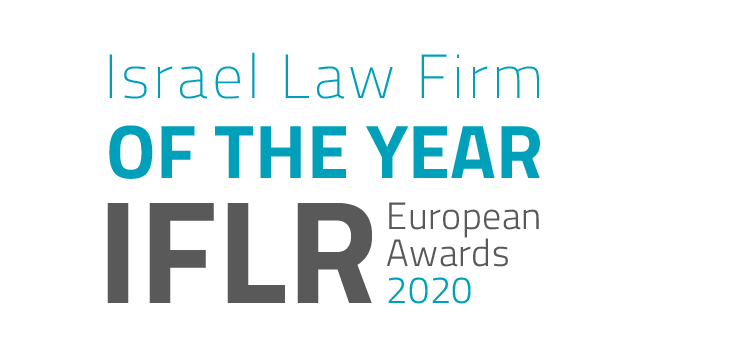In our “Bits & Briefs” Special Series dedicated to Israeli Labor and Employment Law, we provide periodic bite-sized updates introducing key provisions of Israeli labor law and their practical implications, particularly from the perspective of businesses looking to operate in, or expand to, Israel. In this update we will cover some of the basic rights granted to employees in Israel regarding statutory and discretionary benefits.
Statutory and Discretionary Benefits
As a general matter, we note that in Israel, employment issues relating to convalescence pay, pension insurance and severance pay are governed by statute and are granted to all employees in Israel, whereas matters concerning the provision of advanced study funds by employers are considered as discretionary benefits.
Bit #1: Convalescence Pay
Employees are entitled to convalescence payments based on their seniority. The quota ranges from 5 to 10 days per year.
Bit #2: Pension Insurance
Every employee in Israel is entitled to pension insurance consistent with a Pension Extension Order issued by the Minister of Economy, according to which currently employers must contribute an amount equal to 6.5% of an employee’s gross salary to a pension plan (the rates may be slightly different if the employee has a ‘manager insurance policy’) and 6%-8.33% of an employee’s gross salary as severance pay, with the employee also contributing 6% toward the pension plan. Israeli pension funds also include a disability insurance component contribution by the employer, which can also be paid separately.
In addition, as part of a recent Workplace Accident Reform, each employer must pay an amount ranging between 0%-0.35% of the employee’s salary in accordance with the risk level for the occurrence of work accidents at the employer’s workplace.
Bit #3: Severance Pay
An employee who has completed a full year of employment and is terminated by the employer is entitled to one month of salary per each year of employment based on the monthly salary at the time of termination. However, the law provides an alternative, whereby an employer is exempt from the severance pay obligation in cases of dismissal. This would apply if the employer implements the so-called “Section 14 Arrangement”, according to which the employer makes monthly payments out of the employee’s monthly salary towards a pension plan in the name of the employee, including a component of severance pay and a component of pension payment.
The amounts accrued in the severance pay component in the employee’s pension plan may be substituted for the statutory amount if the employer and employee agree to the Section 14 Arrangement in writing; provided, however, that the funds must be released to the employee even if the employee resigns.
Bit #4: Advanced Study Funds
While not required by law, employers can contribute an amount equal to 7.5% of the employee’s gross salary to an employee’s advanced study fund. Employees also contribute an amount equal to an additional 2.5% of their gross salary. The amounts deposited into the study fund enjoy a tax break (up to a designated cap) and the employee may withdraw the amounts deposited once every seven years. This amount is not subject to tax.
Practical Implications:
- Failure to comply with these statutory requirements may constitute a criminal offense and further expose an employer to liability for damages, as the employer’s obligation also should be considered as part of the employer’s indebtedness towards its employees and treated as debt on its financial statements.
- Generally, an employer must make provisions for pension insurance after the employee has been employed for six months. However, if the employee had a pension plan with a previous employer, the employee is entitled to the pension arrangement as of the first day of work.
- The Section 14 Arrangement will apply solely in respect of the employee’s pension plan portion contributed according to the Pension Extension Order (see Bit #2 above), provided that the employer actually funded such amounts. Furthermore, in order to implement the Section 14 Arrangement each employment agreement must be accompanied by an executed section 14 undertaking by each employee.
- Advanced Study Funds are a common employee benefit in the high-tech sector. All monies deposited into the fund must be given to the employee upon termination of employment.
We are happy to assist you in providing legal advice in relation to each of these issues, their ramifications for the workplace and the practical steps that may be taken as a result.
Click here to read in PDF format
For further information, please contact:
Labor & Employment Group Adv. Shay Teken, Partner Adv. Moran Friedman, Senior Associate
Hi-Tech Group Adv. Raz Tepper, Partner Adv. Eran Yaniv, Partner
Legal Knowledge Manager Adv. Esther Dediashvili

